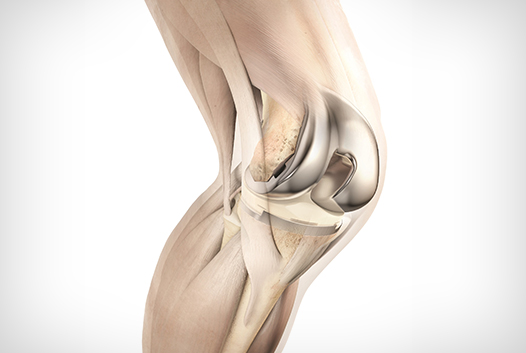Introduction:
Joint pain and mobility issues can significantly impact one's ability to lead a fulfilling life, whether it's difficulty walking, performing daily tasks, or enjoying favorite activities. While many people try to manage these symptoms with conservative treatments, there comes a point when surgical intervention may be necessary to restore function and alleviate pain. So, when should you consider seeing a joint replacement surgeon? Let's explore some key indicators that it might be time to take that step.
1. Persistent Pain and Stiffness:
One of the most common reasons to consult a joint replacement surgeon is persistent pain and stiffness that interferes with daily activities. If you find yourself experiencing ongoing discomfort in your joints, despite trying medications, physical therapy, or other conservative treatments, it may indicate that the underlying joint damage has progressed to a point where surgery is warranted.
2. Limited Mobility:
Difficulty moving or stiffness in the joints can significantly impede your ability to perform routine tasks such as walking, climbing stairs, or getting in and out of chairs. If your mobility has become increasingly limited, to the extent that it affects your independence and quality of life, it's worth seeking the expertise of a joint replacement surgeon to explore treatment options that can restore your freedom of movement.
3. Joint Deformity or Instability:
As joint degeneration advances, it can lead to deformities or instability in the affected joint. This may manifest as visible changes in joint shape, such as bone spurs or misalignment, or feelings of looseness or instability when bearing weight. These signs suggest significant joint damage that may require surgical correction to restore stability and function.
4. Persistent Swelling and Inflammation:
Inflamed joints characterized by swelling, redness, and warmth are often indicative of underlying joint pathology, such as arthritis or joint deterioration. While inflammation can sometimes be managed with medications or corticosteroid injections, persistent swelling despite treatment may signal the need for more definitive intervention, such as joint replacement surgery.
5. Decline in Quality of Life:
Ultimately, the decision to see a joint replacement surgeon should be guided by the impact of your symptoms on your overall quality of life. If joint pain and dysfunction are limiting your ability to participate in activities you enjoy, affecting your mood, or disrupting your sleep, it's essential to address these issues proactively. Joint replacement surgery has the potential to significantly improve your quality of life and restore your ability to engage fully in daily life.
Conclusion:
Knowing when to consider consulting a joint replacement surgeon is crucial for effectively managing joint pain and dysfunction. If you're experiencing persistent pain, stiffness, limited mobility, joint deformity, or a decline in your quality of life due to joint issues, it's wise to seek the expertise of a specialist. A joint replacement surgeon can evaluate your condition, discuss treatment options, and help you make informed decisions about your care. Don't let joint pain hold you back—take the first step toward relief and restoration by scheduling a consultation with a joint replacement surgeon today.






Comments